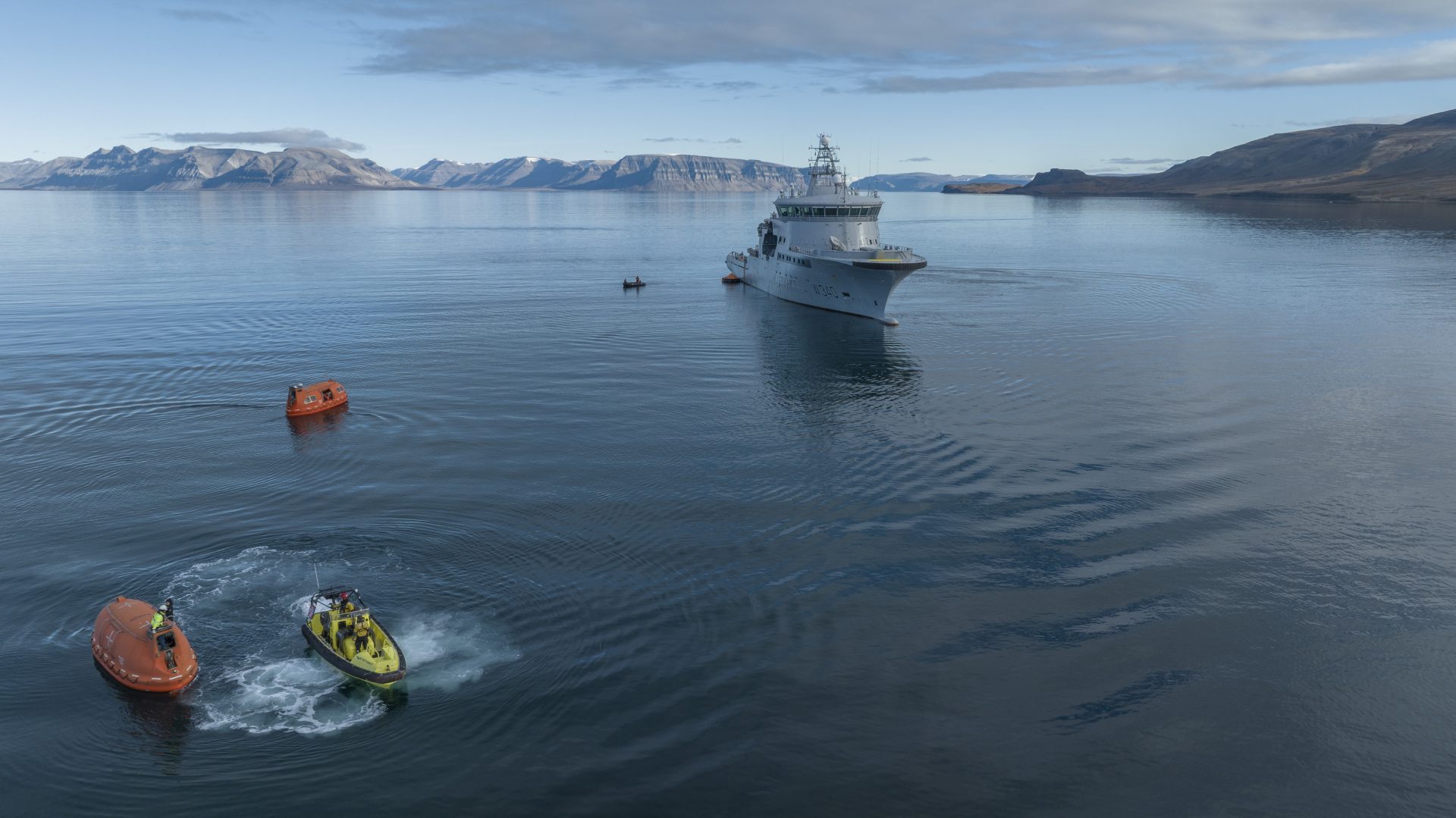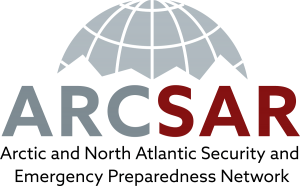Identifying research priorities for security and safety threats in the Arctic and the North-Atlantic
A new method has been developed for identifying and prioritising research activities related to maritime safety and security issues for the Arctic and the North-Atlantic (ANA) region.
8 September 2022

“This research will guide our international ARCSAR partners in the future in their actions to lessen the probability and impact of catastrophes such as oil spillages and cruise ship accidents in their region.”
Dylan Jones, Professor of Operational Research at the University of Portsmouth
Researchers from the University of Portsmouth have adapted the concept of a PICK (Possible, Implement, Challenge, Keep Back) chart and a mathematical goal seeking technique to help prioritise needs and innovations to cope with the security and safety threats that will result from increased commercial activity in the region.
The ANA region has traditionally been important in terms of fisheries and fisheries-related activities. Increasingly, the region is experiencing more attention, resulting in greater traffic, and increased human activity including tourism, transport, research and naval fleet vessels including submarines.
As a result, seaborne disasters and security threats such as territorial disputes piracy, terrorism, collisions and accidents, natural disasters and pollution and environmental impacts, are more likely to occur.
The new method will help ensure that the most pressing maritime safety and security research and innovation is undertaken amongst governments, industry, and security organisations across many jurisdictions.
The research was carried out as part of the Arctic and North Atlantic Security and Emergency Preparedness Network (ARCSAR), an EU-funded project to establish the first formal security and preparedness network for the ANA region.
The University of Portsmouth is one of 20 partners from 12 countries in the project, which connects security and preparedness practitioners, academia, industry and authorities to promote interaction and innovation within search and rescue, as well as oil spill response.
Dylan Jones, Professor of Operational Research at the University of Portsmouth, said “It is important to classify and prioritise the research and innovation that needs to take place, in both the short and long term, in order to keep the ANA region safe and secure in the future.
The research is published in the European Journal of Operational Research.
For more information:
Glenn Harris, Senior Media Manager, University of Portsmouth, Email: glenn.harris@port.ac.uk

